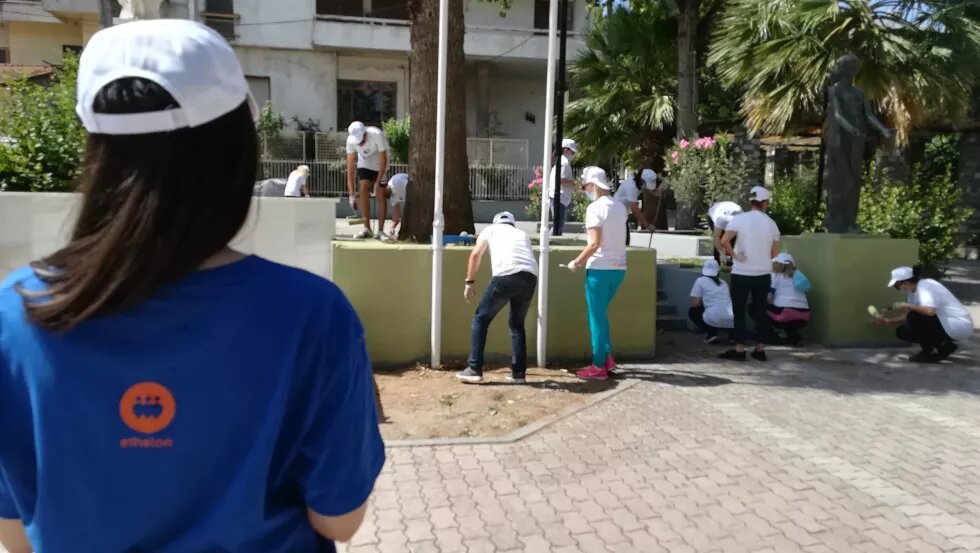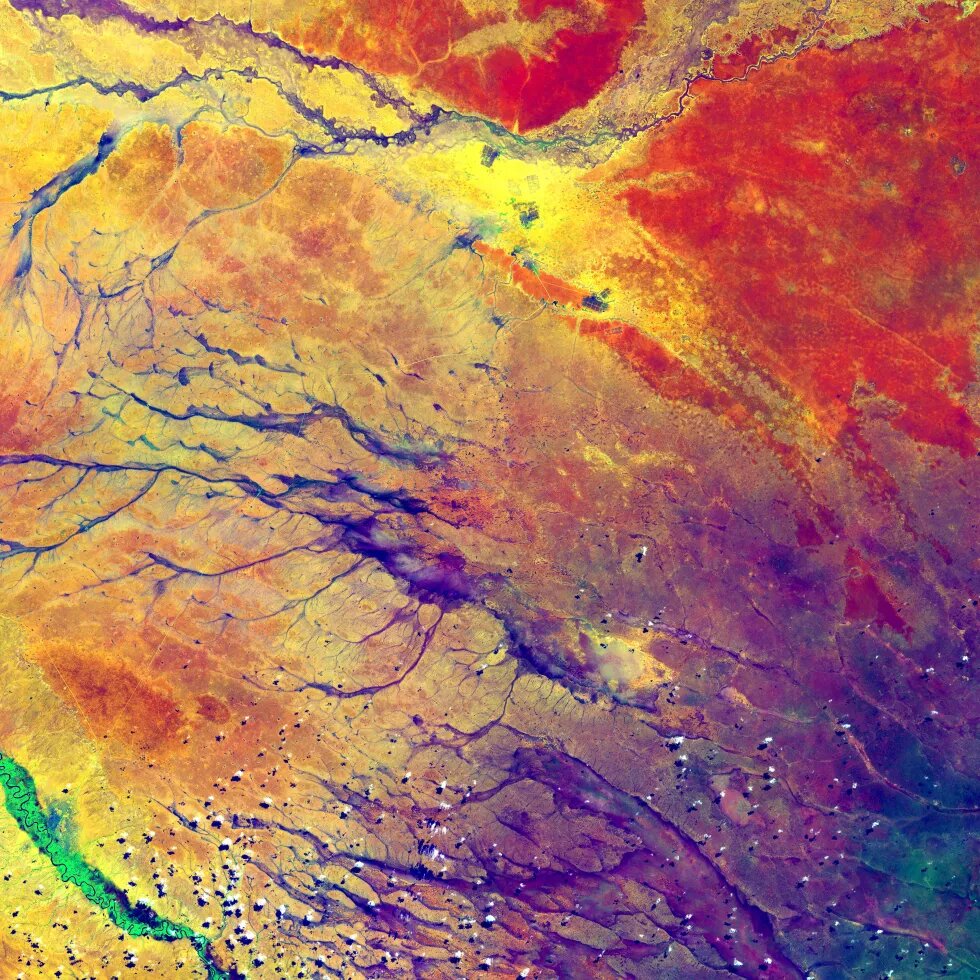
This article focuses on the awareness and participation of citizens as well as the role of volunteering so that the transition is just and inclusive.

Climate Crisis is making Europe face up to its responsibilities
Climate change is the greatest long-term threat to the world and, even more so, to future generations, who will be forced to face the consequences of decades of negligence on environmental issues. The European Union, while at the forefront of environmental legislation compared to countries of similar size (in terms of population, geography and economy), needs to accelerate action to reduce the effects of climate change. In this context, and with a view not only to tackling the challenges posed by climate change, but also to a transition that is fairer to citizens, the European Commission is drafting the Green Deal. Through Green Deal, Commission aims “to transform the EU into a fair and prosperous society, with a modern, resource-efficient and competitive economy where there are no net emissions of greenhouse gases in 2050 and where economic growth is decoupled from resource use”.
Mitigating the socio-economic impact of the transition, as proposed in the European Green Deal, is a key pillar of the effort, with a particular focus on the regions (as well as social groups) which will be most affected by this transition. And for this reason, Commission stresses that active involvement of the citizens and trust in the transition process are crucial to the success of the European Green Deal. In this context, volunteering can be a pillar for raising awareness and mobilising the public about the goals of the Green Deal as well as for laying the foundations for a more active body of citizens in a society in transition.
Volunteering as a driving force for just transition
At the heart of volunteering are selfless offering and community service. Volunteering, however, is not just a definition, it is an action. Through it, an individual actively participates in solving social problems by offering his/her skills, develops new abilities and becomes active in social issues, gaining a sense of contribution. As an activity, volunteering requires the will for an active participation in the matters that the individual considers essential. Thus, with the right information and motivation, volunteering can be the right impetus for public involvement in Commission’s quest for a fairer transition.
Although the voluntary movement attracts people of all ages, most of them are young, especially in the ages of 18-30.These young people consist a more dynamic, empowered and skilled body of volunteers than ever before. But there is another point which is of great importance for environmental and climate change issues. Through the collective vigilance on climate change that we have noticed in recent years, young volunteers have now become more aware of the need to act quickly and collectively for the environment. As the generation that will be called upon to live in the new climate reality, volunteers have a significantly greater motivation and eager to act and offer their skills.
Just transition is central to European Green Deal and concerns the care to be given to the populations and regions that will be most affected in this process. This means that actions go beyond the narrow limits of environmental mobilisation and include more socially oriented initiatives. Actions for labour integration of former workers in fossil fuel power plants, consumer and citizen awareness along with inclusive actions are just some of the directions this transition effort should take. A coordinated and mobilised body of volunteers can give a strong impetus to the effort towards a just and inclusive transition.
Participation of companies in the voluntary effort
Although volunteering as a concept has been associated with Civil Society, however, particularly in recent years, the corporate world has become more and more actively involved in environmental actions in the context of corporate social responsibility programmes. Through corporate volunteering, employees have the opportunity to participate in causes that are linked to their company’s social responsibility plan, thus consolidating the concept and values of volunteering in their work environment.
Through corporate volunteering activities for the environment, companies recruit a large number of employees as well as logistical resources, bringing the corporate world closer to the targets of the European Green Deal.
A coordinated effort centred on volunteering
As can be seen from the above, volunteering as a movement has the necessary dynamics and the combination of resources and forces to face a collective effort to reverse the effects of climate change. However, a coordinated plan is needed, that would effectively combine public information, youth education and a call for voluntary action across Europe. A pan-European network of volunteers for actions specifically in line with the European Green Deal targets would be an important step, as it would facilitate the networking of volunteers from all Member States, the exchange of ideas and good practices, but also possible collective voluntary actions in pan-European level. Alternatively, the Commission could ensure that existing voluntary networks would put the Green Deal targets on their agenda.
However, even at the national level, a pan-Hellenic network of volunteers with specialised actions, both for the protection of the environment and the preservation of the environmental heritage of our country, as well as for ensuring that the transition proposed by the European Green Deal will be made in a friendly and inclusive way towards these social groups which are more vulnerable to the forthcoming changes, would be a step in the right direction.
Volunteering coordinates all stakeholders for change
The European Green Deal is an ambitious action plan aimed at halting the effects of climate change and environmental challenges on the European Union in a just and inclusive way. Such a major effort requires the involvement of all stakeholders: Officials, government agencies, companies and small and large civil society organisations. The widest possible public participation is a key factor in the desired success of the project.
With the contribution of the voluntary movement, this process can be made accessible to individuals who, by participating in even a small initiative, have a sense of contribution to a much wider, pan-European effort. With young people more aware than ever of environmental issues, and with the positive contribution of companies that want to allocate their resources and human resources to this process, the proposed transition can gain great momentum. Through activities such as beach cleaning, reforestation, regeneration and other environmental activities, volunteers can be involved in small and large steps towards a collective goal. We are now in a phase in which action on climate change requires the involvement of all. Volunteering can be the driving force for a fair and efficient transition.